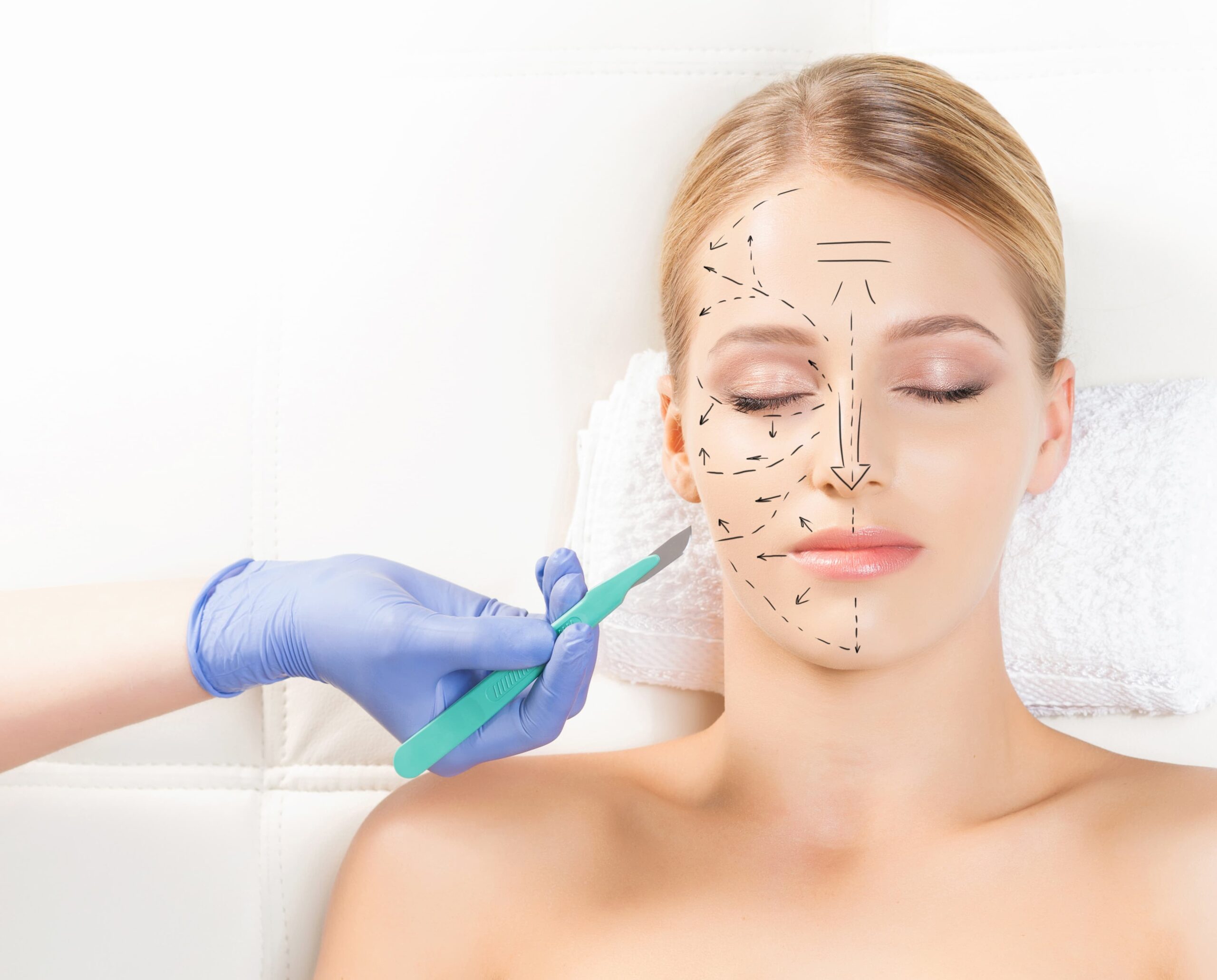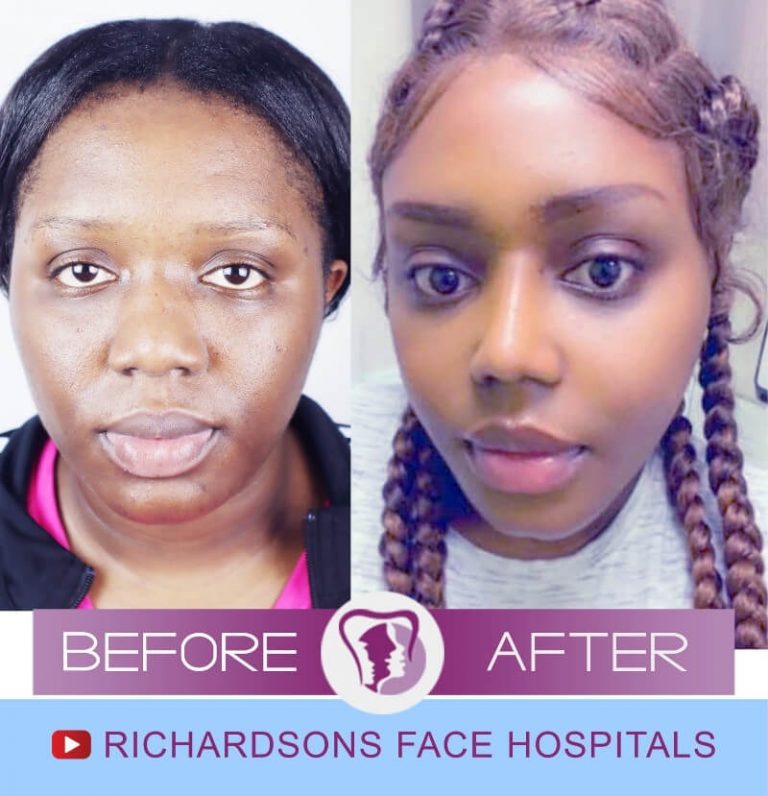Mommy Makeover Rancho Cucamonga: Recover Your Pre-Baby Body with Tailored Treatments
Mommy Makeover Rancho Cucamonga: Recover Your Pre-Baby Body with Tailored Treatments
Blog Article
Examining the Psychological and Social Aspects That Drive People to Consider Plastic Surgery as a Means of Improvement
The choice to pursue cosmetic surgical treatment commonly extends past simple aesthetic appeals, linking with psychological and social characteristics that warrant complete examination. Factors such as self-worth, prevalent societal charm requirements, and the prevalent influence of social networks converge to form private inspirations for medical improvement. As these influences come to be progressively popular, understanding the underlying social and emotional contexts is essential. What stays to be checked out is the profound impact these aspects have not only on individual identity yet additionally on wider societal norms and values surrounding charm and approval.
The Duty of Self-confidence
Self-confidence considerably influences a person's decision to pursue cosmetic surgical treatment. People with low self-worth commonly regard themselves in a negative light, causing feelings of insufficiency concerning their physical look. This unfavorable self-perception can drive them to look for medical treatments as a method of improving their self-image. The wish for renovation in one's appearance is regularly linked to an idea that such changes will boost their overall self-respect and self-confidence.
:max_bytes(150000):strip_icc()/GettyImages-155388326-5b5dfd5f46e0fb00824b134a.jpg)
Eventually, the function of self-confidence in the decision-making process regarding plastic surgery highlights the complex interplay between body picture, individual satisfaction, and mental wellness. Comprehending this partnership is essential for health care experts to make certain that people are making educated choices rooted in realistic assumptions and psychological wellness.
Social Elegance Specifications
Influenced by prevalent media portrayals and social stories, societal beauty requirements play an essential function in forming individuals' understandings of their very own bodies. These standards are usually defined by an idyllic form of elegance that emphasizes attributes such as youthful vigor, slimness, and symmetry. As these ideals are continued with different networks, consisting of movie, marketing, and tv, people frequently internalize these messages, causing dissatisfaction with their all-natural look.
The ramifications of these societal standards extend past visual choices; they can impact self-esteem, psychological health and wellness, and social partnerships. Individuals who perceive themselves as disappointing these criteria may experience feelings of insufficiency, prompting a need for cosmetic surgical treatment as a way of attaining social approval. This pursuit is typically fueled by the belief that complying with these ideals will improve not only physical appearance yet likewise social standing and personal satisfaction.

Impact of Social Media
The effect of social charm standards is additional magnified by the surge of social media sites systems, where curated photos and idyllic representations of appeal are common. Customers are continuously subjected to filtered and edited photos, which commonly illustrate unattainable physical characteristics. This exposure cultivates a culture of comparison, leading individuals to analyze their own appearance against these usually impractical benchmarks.
Social media site influencers and celebrities regularly advertise cosmetic treatments, normalizing the concept that surgical improvements are a practical ways for accomplishing social suitables (plastic surgery rancho cucamonga). The visibility of these enhancements can create an understanding that going through cosmetic surgical procedure is a typical technique, consequently affecting individuals to take into consideration comparable treatments as a pathway to improved self-confidence and social acceptance
Furthermore, the interactive nature of social media sites enables instant comments through sort and remarks, better strengthening the need to adapt prominent appeal criteria. Such interactions can worsen feelings of insufficiency and drive individuals towards cosmetic surgical treatment as a method of gaining validation. Ultimately, social media sites plays a pivotal role in shaping assumptions of charm, which dramatically influences the decision-making procedures bordering cosmetic surgical procedure.

Cultural Point Of Views on Look
Throughout numerous cultures, understandings of appearance are deeply rooted in historic, more social, and financial contexts, forming individuals' views on beauty and worth. In lots of societies, appearance acts as a considerable pen of identity, affecting social status, expert chances, and personal partnerships. For instance, in some cultures, light skin is usually connected with wealth and privilege, while others may idealize darker skin tones as signs of strength and credibility.
Additionally, standard charm standards are frequently bolstered with cultural stories, media representations, and family members affects, resulting in varying suitables across various regions (plastic surgery rancho cucamonga). In Western societies, the emphasis on youth and fitness frequently drives individuals towards aesthetic improvement, while in specific Eastern cultures, more refined changes aligned with traditional aesthetic appeals great post to read might be preferred
Globalization and the spreading of electronic media have actually further made complex these characteristics, producing a hybridization of charm suitables that goes beyond geographical limits. As people increasingly navigate these social stories, the stress to satisfy specific look standards can lead to the need for cosmetic surgical procedure, mirroring a complex interaction of cultural values and individual desires. Understanding these cultural perspectives is important in attending to the inspirations behind plastic surgery factors to consider.
Psychological Influences of Cosmetic Surgical Procedure
Many people looking for plastic surgery record experiencing profound emotional impacts that can dramatically change their self-perception and emotional well-being - plastic surgery rancho cucamonga. The need for physical enhancement typically stems from underlying issues such as low self-esteem, body dysmorphic disorder, or social pressures regarding elegance criteria. For some, the instant post-operative stage can result in a temporary boost in positive self-image and complete satisfaction with their look, fostering a sense of empowerment
Nevertheless, these favorable feelings may not be enduring. Research shows that while some individuals experience improved self-esteem, others may deal with increased anxiety or depression if their expectations are not fulfilled. This discrepancy can develop from impractical ideals perpetuated by media depiction and cultural narratives try this bordering charm.
Additionally, the mental implications of cosmetic surgery expand beyond the individual. Relationships with family and friends may be stressed as social dynamics change, resulting in sensations of seclusion or alienation. Inevitably, the psychological effects of plastic surgery are complex and complex, needing mindful consideration by both potential clients and doctor to ensure enlightened decision-making and reasonable assumptions.
Conclusion
In conclusion, the decision to go after plastic surgery is considerably influenced by a mix of self-esteem problems, societal appeal standards, and social viewpoints on appearance. The prevalent reach of social networks even more exacerbates these pressures, advertising impractical suitables that people usually make every effort to achieve. Comprehending these psychological and social factors is vital for attending to the motivations behind plastic surgery, highlighting the requirement for a much more nuanced conversation bordering beauty and self-acceptance in modern society.
The decision to seek cosmetic surgical treatment commonly extends beyond simple appearances, linking with psychological and social dynamics that merit detailed evaluation. Inevitably, social media plays a critical role in forming perceptions of appeal, which significantly affects the decision-making processes surrounding cosmetic surgical treatment.
As individuals progressively navigate these social narratives, the pressure to adhere to particular appearance standards can lead to the need for cosmetic surgery, mirroring a complex interplay of cultural worths and personal desires.In verdict, the decision to pursue cosmetic surgical treatment is considerably influenced by a combination of self-worth concerns, societal charm criteria, and social point of views on look. Recognizing these emotional and social factors is important for dealing with the motivations behind cosmetic surgery, highlighting the demand for a much more nuanced conversation surrounding charm and self-acceptance in contemporary culture.
Report this page